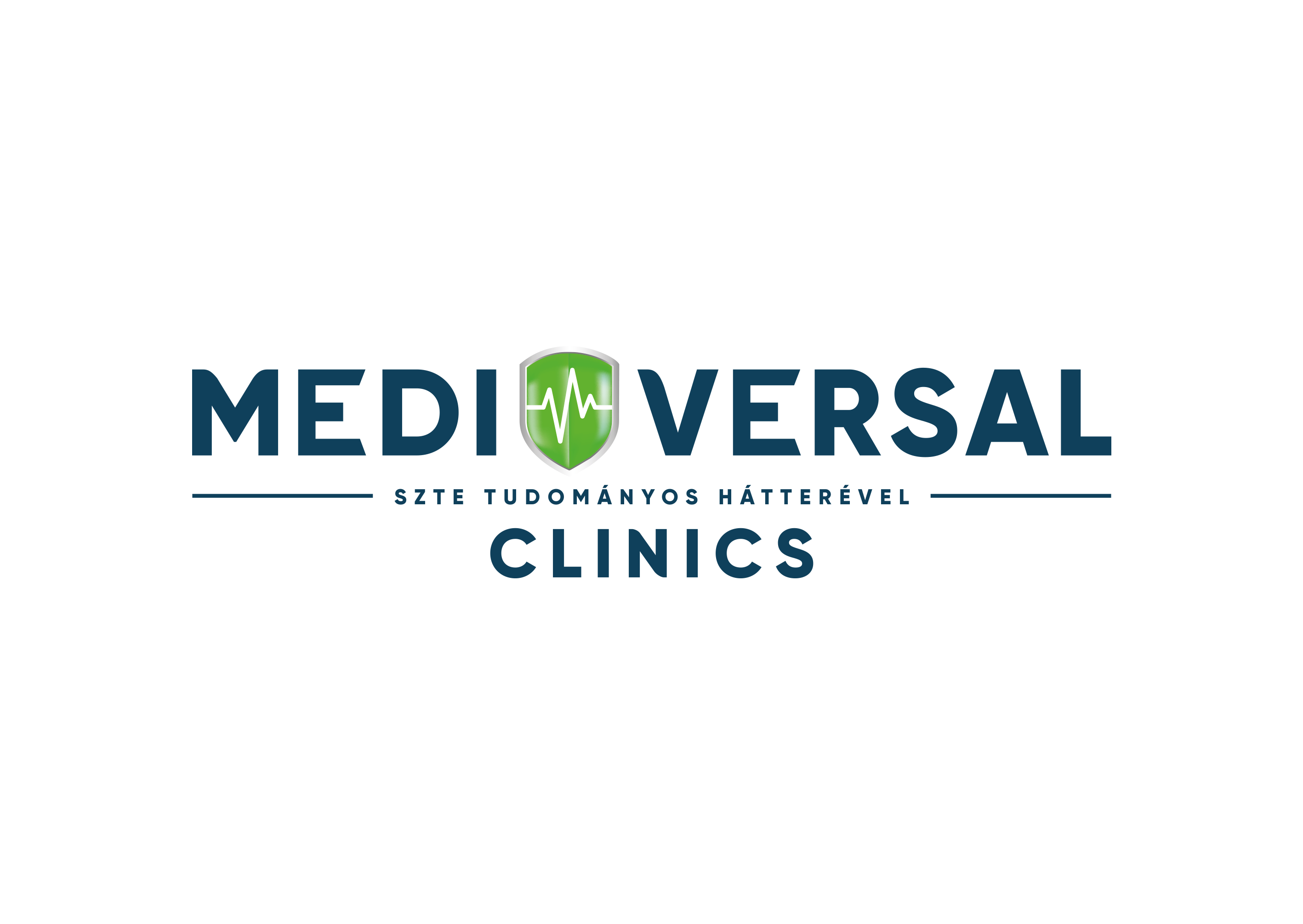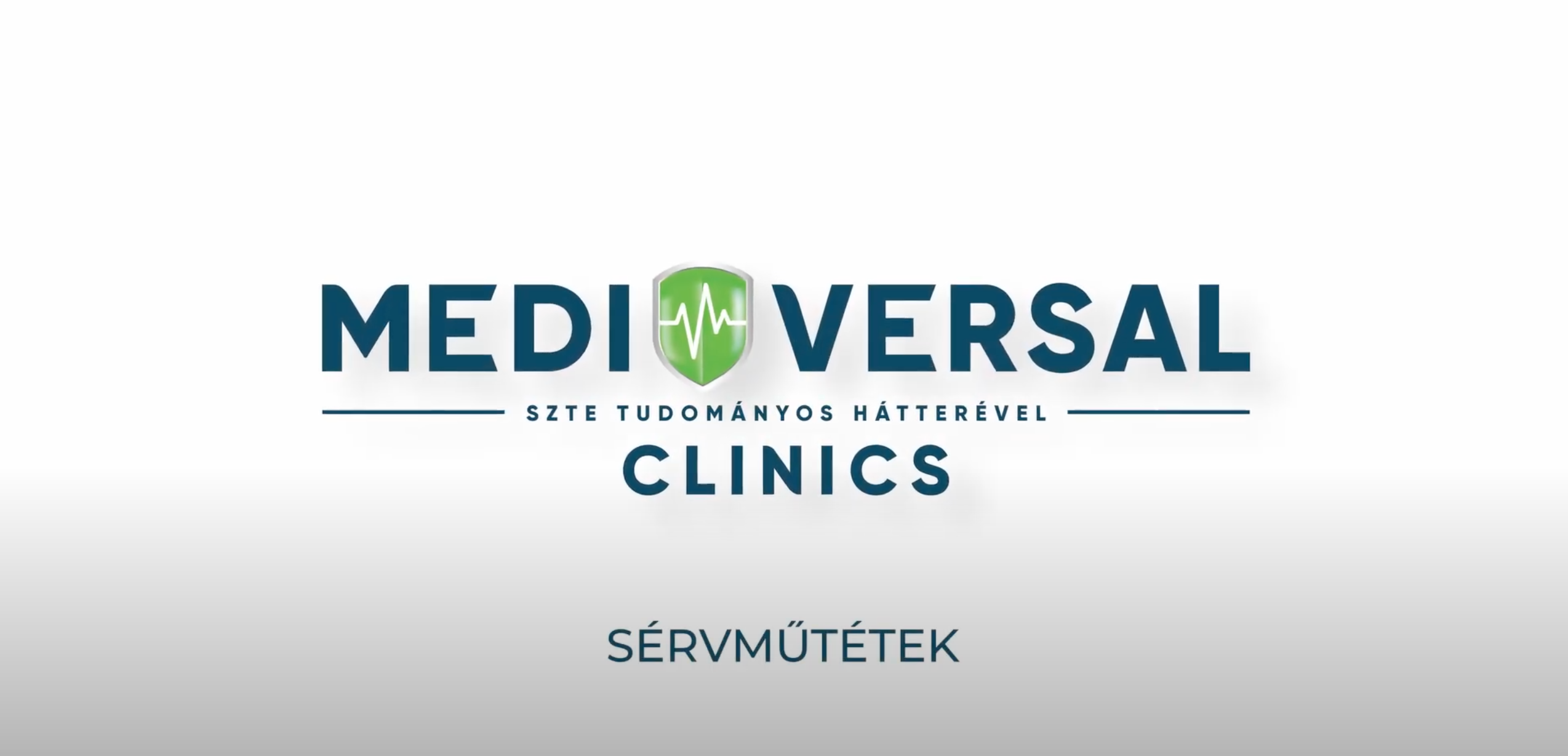Do you have a hernia? The most important information about hernias are summarized here, including general symptoms and problems, surgeries and aftercare performed at our clinic.
Hernia repair surgeries
What are the symptoms and most common causes of hernia?
The most common symptoms of hernias include stinging or burning pain in the affected area on physical exertion or heavy lifting. This can be followed by appearance of a small lump or prolapse, which indicates that continuity of the abdominal wall is disrupted, and abdominal organs bulge out through this defect. The hernia may grow over time causing more and more complaints and complications.
What can be the symptoms of different hernias?
There may different symptoms, even visible symptoms, suggesting the presence of a hernia. The most common ones include visible, palpable and sensitive lumps, severe pain, tight skin, and superficial skin irritation in the area of the hernia. These symptoms present especially in physical exertion or heavy lifting, and may get worse over time. The following symptoms often suggest presence of a hernia:
Answers from the doctor – What do hernia surgeries look like?
What types of surgeries do we perform?
Unilateral inguinal hernia surgery
01
Bilateral inguinal hernia surgery
02
Umbilical hernia surgery
03
Abdominal wall hernia surgery
04
More information
What are the most common causes of hernias?
Hernias develop at weak spots in the body, where the walls or muscles of the body are unable to support the organs properly; they are caused by injuries, increased abdominal pressure, intensive physical activity, or genetic predisposition.
How can the hernias be diagnosed?
Diagnosis of a hernia is usually carried out with a physical examination, and then imaging. The specialist examines the area of the hernia, the lump, and orders ultrasound, X-ray or CT examinations, as necessary.
How to prepare for surgery?
If you arrive for a specialist consultation due to inguinal or abdominal complaints, it is recommended to have an abdominal and pelvic ultrasound result with you. Before a hernia surgery, our specialists will provide detailed information how you should prepare for the intervention. It may include the necessary previous assessments, modification in medicines, and arrival on fasting state on the day of the operation. It is important to follow the instructions of the doctor to contribute to the success of the intervention and your quicker recovery.
What are the risks of this surgery?
Hernia surgeries may involve the following risks:
- recurrence of the hernia
- continued pain
- scarring in the operated area, organ injury or nerve injury
- development of oedema
- infection of the operated area (with 1% frequency)
What happens after the surgery?
After the surgery, we will provide you proper postoperative care for your recovery. It is important to follow the instructions of our specialists regarding wound treatment, medicines, and recommendations on rehabilitation, so the operated area can recover and heal quicker.
Premium environment – Introducing our Clinic and wards
Have a look at our photo gallery, where you can get an insight into the modern wards at our Clinic and the comfortable environment we offer our patients. These photos show our state-of-the-art equipment, which facilitates faster recovery and more efficient rehabilitation. Take a virtual tour of our wards and become acquainted with the conditions that contribute to the high-level care and recovery of our patients.
Our doctors performing these surgeries:
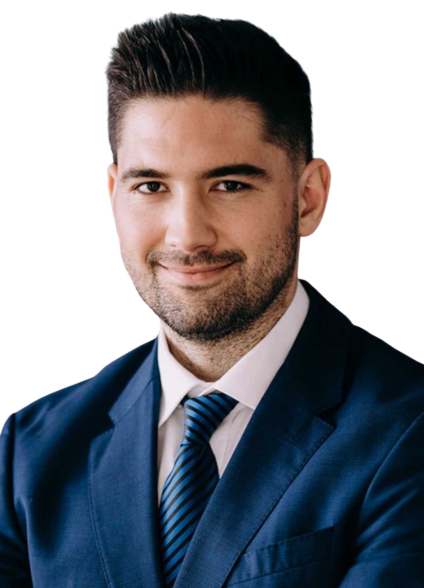
- Skin and subcutaneous lesions (e.g. pigmented mole, atheroma, lipoma, fibroma, ingrown toenails)
- Gallbladder stones, gallbladder polyps
- Inflammatory (e.g. ulcerative colitis and Crohn’s disease), benign (e.g. sigmoid diverticulosis, endometriosis), and malignant diseases of the large and small intestine (colon cancer)
- Benign and malignant diseases of the rectum and anus (e.g. rectal polyps, rectal fissures, haemorrhoids, rectal cancer)
- Other abdominal disorders (mesenteric cysts)
- Pilonidal sinus (sacral cysts)
- Complex diagnostics of faecal incontinence (including 3D rectal ultrasound)
- Chronic wounds and advanced wound treatment procedures, including modern dressings and negative pressure wound therapy (NPWT)
Treatments and surgical techniques used by the doctor
“A testfelszíni folyamatok (pl. atheroma, lipoma, benőtt köröm) ellátása helyi vagy vezetéses érzéstelenítésben, ambuláns körülmények között történik.
In the case of abdominal lesions (e.g. gallstones, inguinal hernias, colon tumours), I perform surgery under general anaesthesia, usually using a minimally invasive technique (laparoscopy), which is much less stressful for the patient and ensures a shorter recovery period after surgery.
Patients with proctology complaints undergo complex proctology examinations (detailed patient history, anoscopy, rectoscopy, rectum ultrasound), with therapies ranging from medically assisted treatments to small procedures performed in ambulatory settings (e.g. ringing of internal haemorrhoids, dissection, excision, threading) as well as procedures that can be performed under general anaesthesia (e.g. haemorrhoids, rectal polyps, surgical repair of fistulas).
Csakúgy, mint a hasi behatolásoknál, a proktológiában is törekszem a korszerű, minimálisan invazív megoldások (záróizom kímélő, szöveteltávolítással nem járó műtétek, DG-HAL-RAR) alkalmazására, az életminőségi szempontok maximális figyelembe vételével.”
Language skills
- English

- Liver surgery
- Biliary surgery (gallbladder, bile duct fatty deposits)
- Open and laparoscopic hernia surgical procedures
- Diseases of the large and small intestine
- Excision of skin malformations and subcutaneous lesions
- Treatment of ingrown toenails
- Haemorrhoids and anal fissures
Language skills
- English
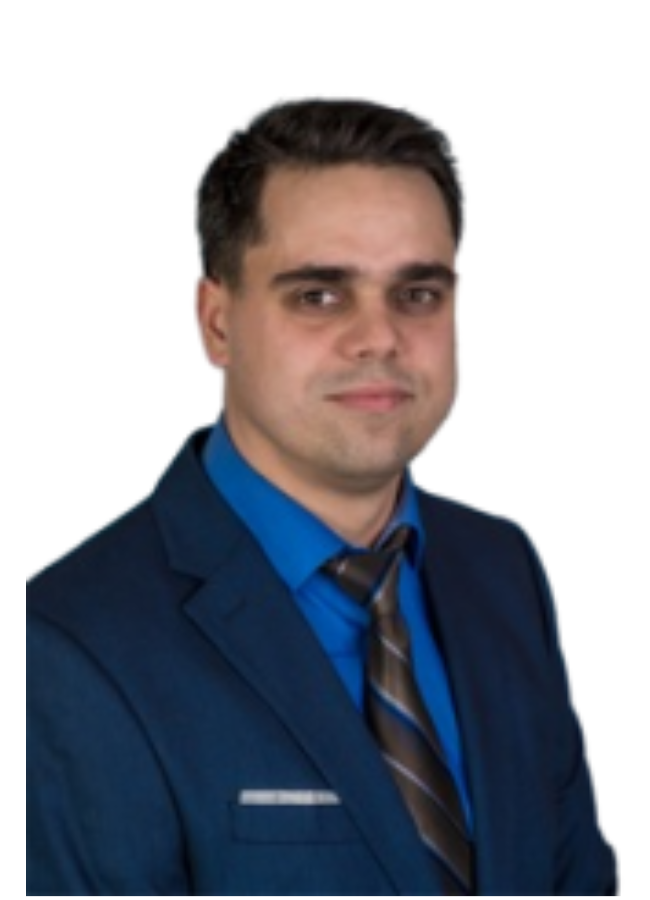
Expertise
- General surgery
- Minimally invasive surgery for hernias
Language skills
- English

- Consultation
- Ambuláns műtétek
- Treatment of ingrown toenails
- Removal of lipomas
- Removal of atheromas
- Removal of moles (naevus) and other skin lesions following dermatological consultation
- Proktológiai diagnosztika, terápia
- Aranyérbetegség
- Végbélrepedés
- Végbél sipoly és tályog
- Végbéltájéki növedékek – polip, condyloma
- Epekövesség
- Sérvek
- Pilonidalis cysta
- Sebkötözés, gondozás
Language skills
- English

- Breast surgery (removal of palpable and non-palpable breast tumours, sentinel node biopsy)
- Minimally invasive surgical procedures (laparoscopic biliary surgery, treatment of reflux disease, laparoscopic removal of benign and malignant colon tumours)
- Gastric and oesophageal surgery
- General surgery (thyroid, abdominal hernia, etc.)
Language skills
- English

- Reflux disease
- Treatment of oesophageal disorders
- Benign and malignant tumours
Language skills
- English

Expertise
- General surgery
- Minimally invasive surgery for hernias
Language skills
- English
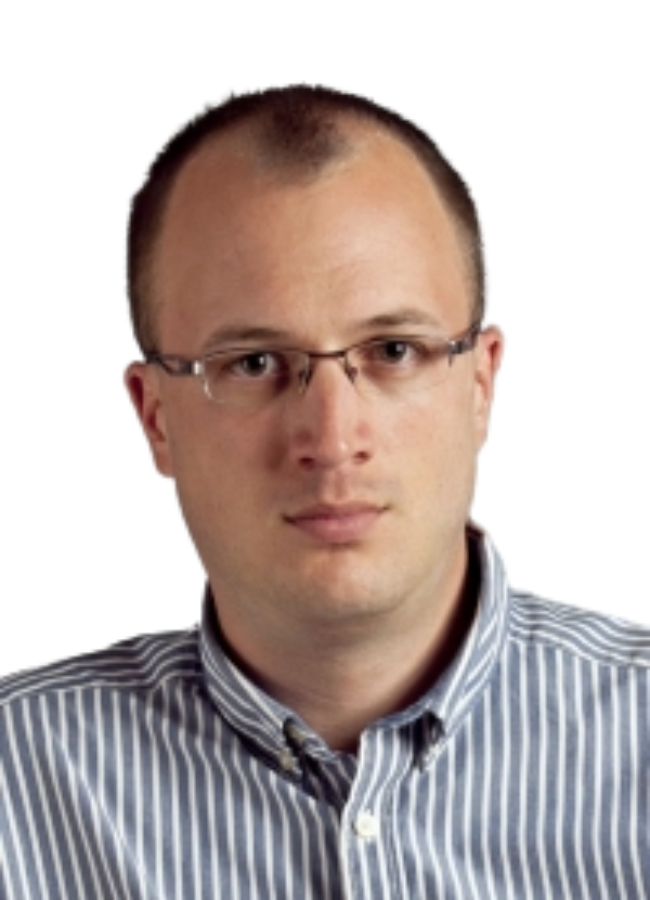
Specialities
- Endoscopic procedures (colonoscopy, polypectomy)
- Abdominal wall hernia surgery
- Umbilical hernia surgery
- Unilateral or bilateral inguinal hernia surgery
- Diseases of the bile ducts
- Laparoscopic/gastroscopic biliary surgery
Language skills
- English
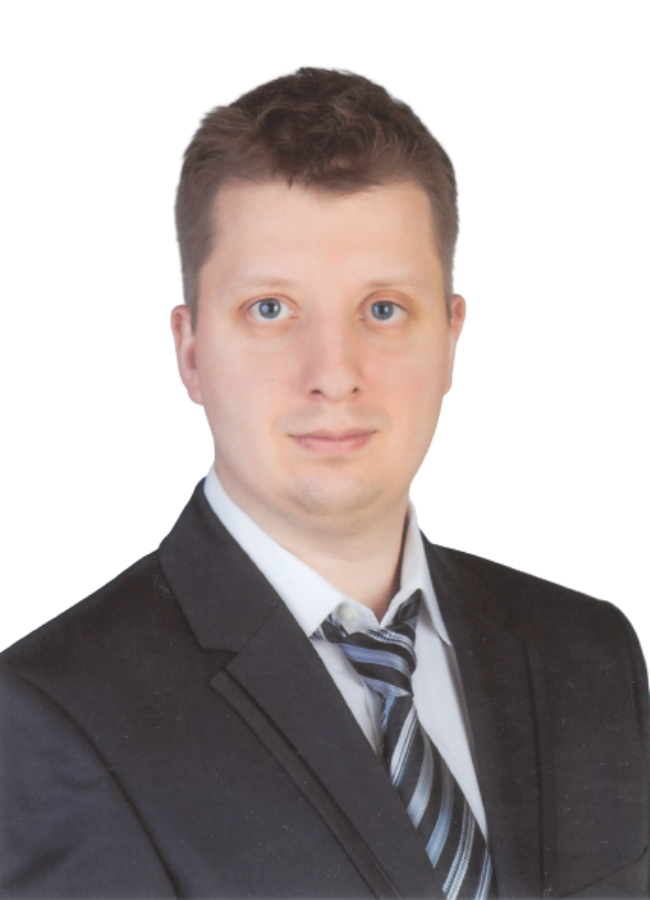
Research areas include retrospective clinical studies of Barrett's oesophagus, colorectal cancer surgery, and ulcerative colitis.
Specialities
- Abdominal wall hernia surgery
- Umbilical hernia surgery
- Unilateral or bilateral inguinal hernia surgery
- Diseases of the bile ducts
- Laparoscopic/gastroscopic biliary surgery
- Ulcerative colitis and colorectal cancer surgery
- Gyulladásos bélbetegségek
Language skills
- English

- Abdominal, inguinal, and umbilical hernias
- Diseases of the gallbladder and bile ducts, gallstones
- Tumour surgery: stomach, colon, and rectal tumours
- Benign proctology diseases: haemorrhoids, rectal fistulas, rectal abscesses, dermoid cysts
Language skills
- English

Expertise
- Breast surgeries for non-malignant tumors
- Subtotal (almost total) and total mastectomy due to malignant tumor
- Diseases of the large intestine (stoma closure, tumors)
- Stoma closure
Language skills
- English
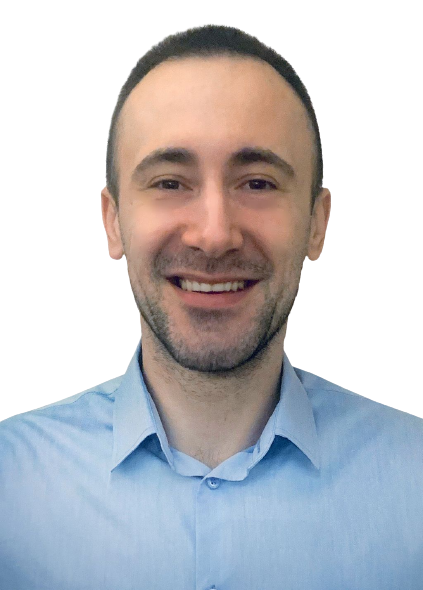
- Proctology diagnostics and interventions (haemorrhoids, rectal rupture, rectal fistula and abscess, rectal growths - rectal polyp, condyloma)
- Surgeries for thyroid and parathyroid diseases
- Minimally invasive laser haemorrhoid surgery (DG-HAL-RAR surgery)
- Haemorrhoids node resection
- Lipoma (fat tumour) removal
- Removal of atheroma (plaque)
- Thoracic surgical procedures (thoracotomy and VATS technique)
Language skills
- English
- German

About our clinic
Mediversal Egészségügyi Szolgáltató Kft. is a private healthcare facility owned entirely by the University of Szeged. Thanks to our unique clinical background, the outpatient and inpatient care we provide and the laboratory and imaging diagnostics we offer are performed by internationally renowned specialists in their fields who are at the forefront of research and innovation, supported by highly experienced staff. In addition to the excellent professional staff, our well-equipped facilities, quality hotel services, and, first and foremost, the customer-centric, personalised care we provide guarantee a complete healing experience.
Make an appointment